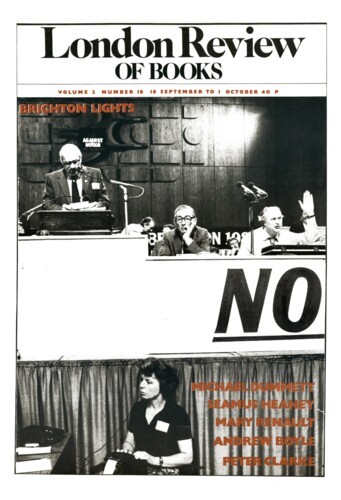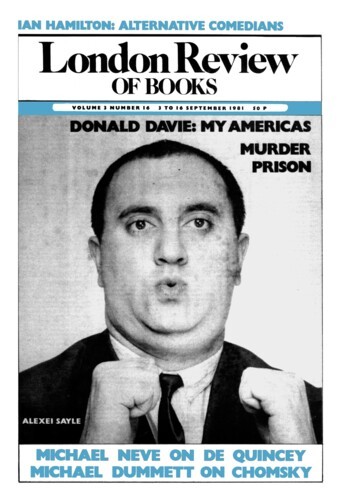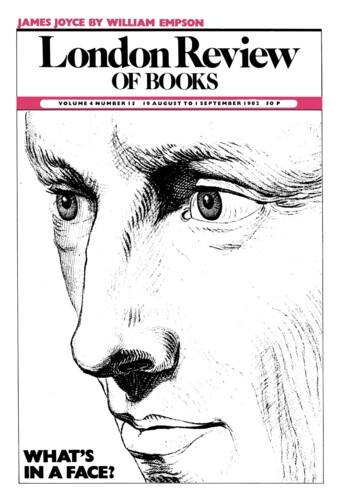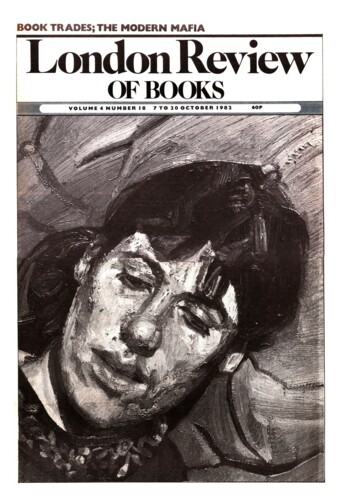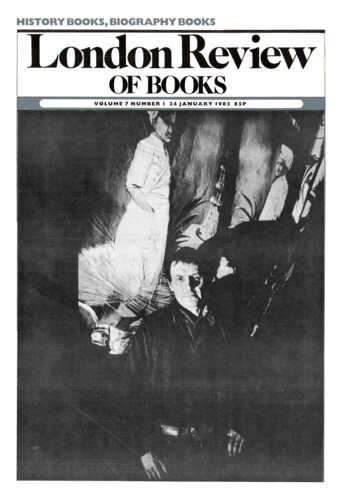Frege and Analytical Philosophy
Michael Dummett, 18 September 1980
In the course of 1936, Professor Heinrich Scholz of Münster completed the collection of Frege’s unpublished writings, of which he had charge, by obtaining from those, such as Russell and Husserl, whose letters to Frege were included in the collection, the letters Frege had written to them. On 25 March 1945 the US Air Force bombed Münster. I believe that the object was to destroy an important telephone exchange: a large part of the town was destroyed, but the telephone exchange was left intact. Among the things destroyed were all Frege’s manuscripts and the original letters to and from him; there survived typescripts of some of the papers and of part of the correspondence. Even these took a very long time to appear in print: the papers only in 1969, the correspondence not until 1976. An English translation of the former was brought out by Blackwell last year, a decade after the German version. Now we have the correspondence in English, only four years after the German volume, but 44 years after the collection was originally made.
